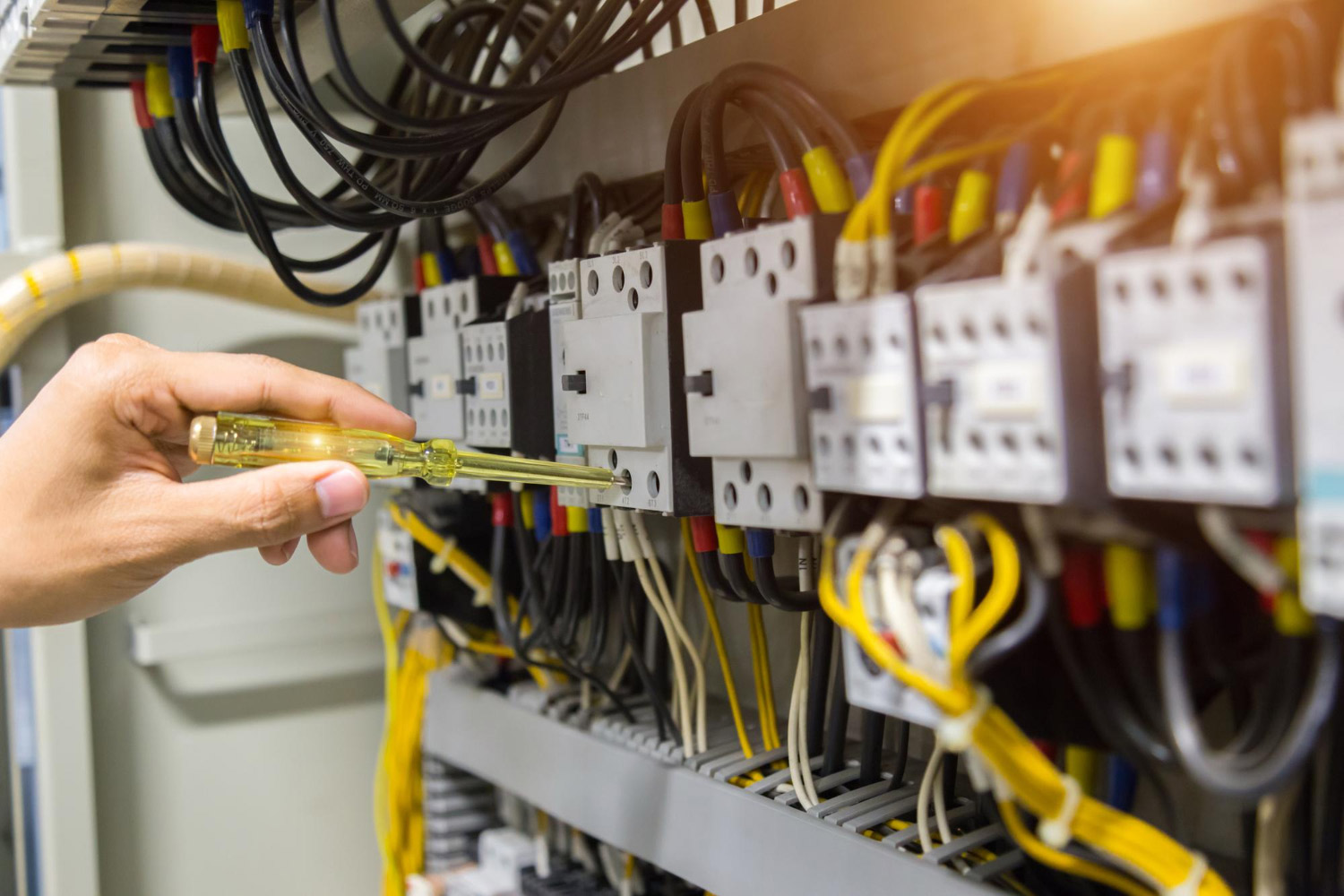Electrical outlet overload is a common issue that can lead to safety hazards such as overheating, electrical fires, and damage to appliances. In this guide, we’ll explore the importance of preventing outlet overload and provide practical tips for homeowners to safeguard their electrical systems.
Understanding Outlet Overload: Begin by explaining what outlet overload is and how it occurs. Discuss how plugging in too many devices or appliances to a single outlet can exceed its capacity, leading to overheating and potential hazards.
Identifying Signs of Overload: Educate homeowners on the signs of outlet overload, such as frequent tripped circuit breakers, warm or discolored outlets, or flickering lights. Encourage them to be vigilant and address these warning signs promptly.
Calculating Electrical Load: Provide guidance on how homeowners can calculate the electrical load of their outlets to determine their capacity. Explain the concept of amps and volts and how to use these values to assess the number of devices that can safely be plugged into an outlet.
Using Power Strips and Surge Protectors: Recommend the use of power strips and surge protectors as a safe way to expand the number of outlets available while distributing electrical load evenly. Explain the difference between the two and emphasize the importance of choosing products with built-in safety features.
Spread Out Electrical Usage: Encourage homeowners to spread out the usage of electrical devices and appliances across multiple outlets to avoid overloading any single circuit. Suggest using different outlets for high-powered devices and avoiding daisy-chaining power strips.
Unplug Unused Devices: Remind homeowners to unplug devices and appliances when not in use to reduce unnecessary electrical load. This simple habit can help prevent outlet overload and save energy.
Professional Inspection and Upgrade: Recommend scheduling a professional inspection of the home’s electrical system to identify any potential hazards or areas of concern. In cases where outlets frequently become overloaded, consider upgrading the electrical system to accommodate increased demand.
Conclusion: Summarize the importance of preventing outlet overload to ensure electrical safety in the home. Encourage homeowners to follow the tips provided in this guide and take proactive measures to protect their electrical systems and appliances.
By following these guidelines, homeowners can minimize the risk of outlet overload and maintain a safe and functional electrical system in their homes.

